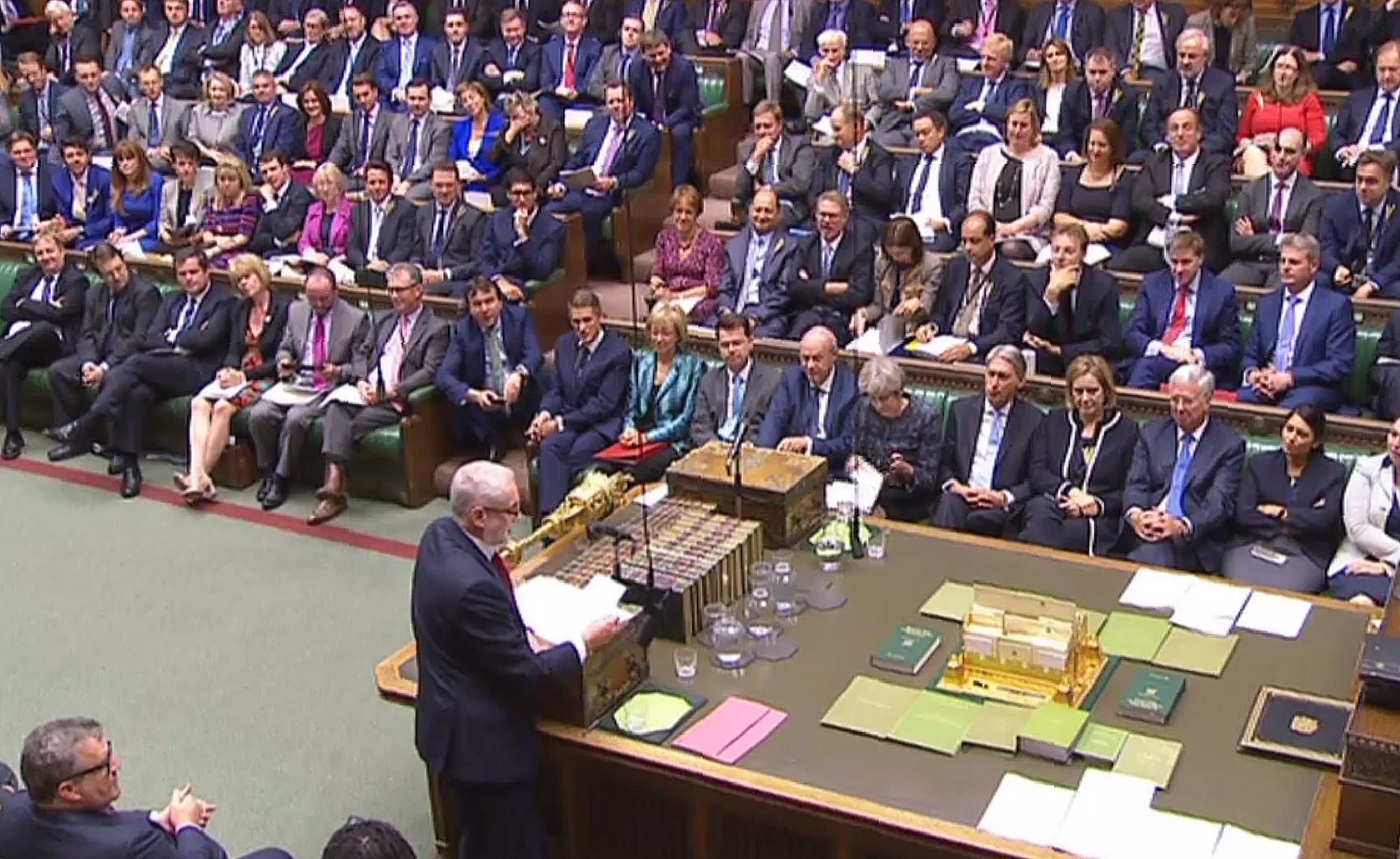Labour needs to focus on its image more than its policies, if it wants to govern again
Jeremy Corbyn is seen as a utopian dreamer with attractive ideas, but someone unable to deliver in the real world. To tackle this problem, he must look to his party's history and reach beyond its natural support base

It is a strange paradox. Labour has managed to establish itself as the party that aligns itself most closely to what voters say they want. Yet those same voters do not yet see Labour as able to deliver on those policies were it to form a government. That at least would seem to be the broad message from the survey carried out for The Independent by BMG Research.
Thus there is a whole raft of Labour policies, from limiting the pay of “fat cats” in industry, through scrapping student fees, nationalising the railways and public utilities, to a financial services tax, that all receive a high measure of support. The Government is clearly sensitive to the mood behind the support – witness the cut in tuition fees being floated as an option for the Budget in November.
But voters, while they like these policies, say they cannot see Labour in power. That is the harsh conclusion to be drawn from the poll response. It is almost as though Jeremy Corbyn is seen as a utopian dreamer with attractive ideas, but someone unable to deliver in the real world. So what’s to be done?
Labour supporters should take heart from the fact that this is not a new problem for the party, and that there is a template for action. It is partly about money. After their 1992 shock defeat, John Smith, the new leader, set to work to convince the electorate that Labour could both form an effective government and one that would be financially responsible. He started with big business and the City, then went on tirelessly talking to smaller businesses across the land. Of course he reached into communities, many of which were still ravaged by the deindustrialisation of the 1980s and the recession of the early 1990s. But he made it clear that policies had to be financially sustainable to be credible.
Sadly he died in 1994, aged 55, less than two years into his leadership. But by that stage it had already become clear that Labour was likely to form the next government. The headline in The Independent was “The Man Who Would Have Led Britain”. As it turned out, it would be Tony Blair and Gordon Brown who would inherit his mantle. But by then the heavy lifting had already been done.
This is not to suggest that Jeremy Corbyn and Shadow Chancellor John McDonnell should pick up every element of John Smith’s approach. The UK is a very different place now than it was in the 1990s, despite the central issue now, as then, being the relationship with Europe. But the key driving idea of John Smith, that Labour had to reach beyond its natural support base, is as relevant now as it was then.
To be a successful government you have to govern for people who did not vote for you, as well as those who did. To be a credible alternative government you have to persuade people who would not normally vote for you to support you next time. Labour still has a mountain to climb, as the results of our poll make clear. But there are paths up that mountain if its leaders are thoughtful enough to seek them.

Join our commenting forum
Join thought-provoking conversations, follow other Independent readers and see their replies